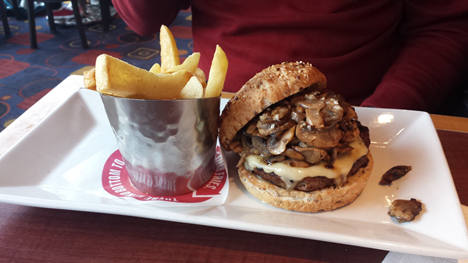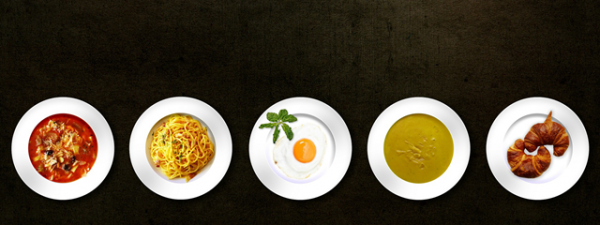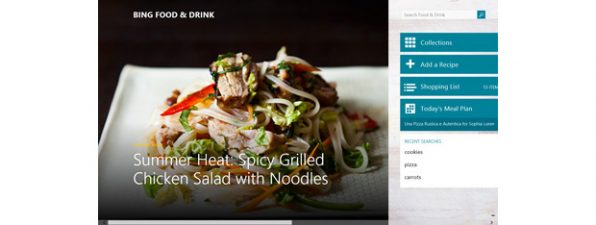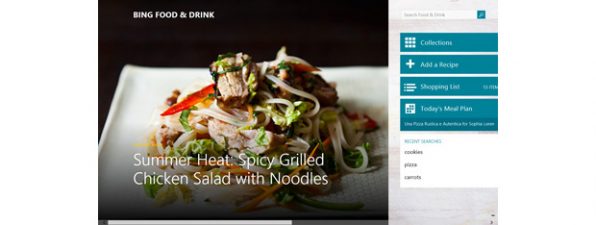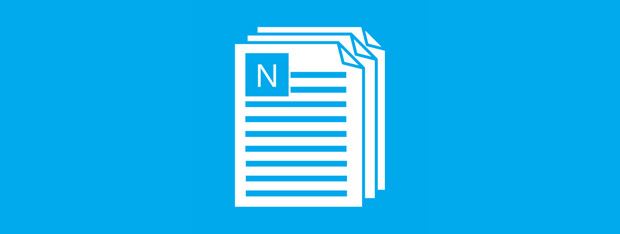
I'm surprised at how little concern we have for what we are putting into our mouths compared to other activities. It's one of the most important decisions that we make daily, that can influence everything: from our mood and energy levels to long term health, both mentally and physically. And yet most of us tend to rely on hearsay and "stuff we read online" or patterns that we have observed in other successful people, instead of getting hard data about what works and what doesn't. Because there is no silver bullet that works for everyone. We choose our loans based on numbers. We choose our rent, the products in our supermarket basket, our car, our vacations and our plane tickets. Yet, we fail to apply the same principles to food. Moreover, food takes up a significant chunk of our day: from buying the ingredients, preparing it (or ordering it) to eating it.
In this article, I'm going to talk about the benefits and pitfalls of logging your food. I've been doing this for 9 months, with awesome results: 23 kg lost (50 lbs) and a diet that suits my lifestyle better with much higher energy levels. While it might turn out to be a challenging journey, you can draw conclusions from my own example about the rewards.
Who I Am And How It Started
Right now, I'm a software engineer. And before that, I used to do a lot of hardcore maths for days on end. Numbers are a natural and crucial part of my life, and yet somehow I felt it's "not right" to track my expenses and never even considered logging my food intake. I always thought that I cannot be bothered with such a mundane and boring task. My body works really well anyway. Or does it?
I guess in the back of my mind I was always afraid to quantify what was going on in my belly. I knew I was eating too much, but how much is too much, you can never know. Or at least until you measure. This is how an actual meal looked 9 months ago (actual guilty pleasure picture!):
I was bouncing between lack of sleep, poor nutrition and extremely high caffeine intake, trying to drag myself into the next day. Each day of the week.
What Tipped Me Off
I had been frustrated for years on end that I am so ambitious about my mind, but not about my body. I guess I'm not the only one out there with the same problem. So I realised that instead of changing the direction of my ambitions, I should find a way to tap into them and use them to improve my body. So what better way than to feed my brain with data about my body? And come to think of it in retrospect, that was pretty obvious.
But enough about philosophy already. Coming back from Vancouver, at the beginning of March 2014, I hopped on a scale. And I was shocked. For the first time in my life, it was over 100kg (225 lbs). If you ever were overweight during school, you can remember the giggles of your colleagues when your sports teacher would weigh you once at the beginning of the school year.
But now there was no giggling. I was on my way to turning 30, and I had frequent knee pains and noticed how inefficient my body was compared to others during my Qwan Ki Do trainings. While others could do tens of push-ups or gracefully go through tens of minutes of intense practice, I would get tired very easily and give up or be the last in most exercises. In day-to-day activity it wasn't so noticeable, especially since I covered it up with coffee. But I knew that this wasn't leading anywhere and that the future did not look bright at all.
Benefits Of Logging What You Eat
Looking back, I wish I had known more about the benefits of logging my food. Not only would I have been more encouraged, but I would have seen the bigger purpose in doing it:
Understanding What Comes In. After studying the nutritional values of literally hundreds of foods that entered my system for the past 9 months, I was surprised more often than you would imagine. Looking back, I realise that most of my impressions of what is good or what is bad in terms of food were previously derived from other people's informal opinions. Just to give one quick example, I love red watermelon. Which is marketed as having "almost no calories at all" (because it's "fruit"). However, one keyword search away in any food database is the information that it contains huge amounts of sugar. Still not a whole lot of calories, but I guess it isn't sustainable to eat 1-2 kg each day during the summer 🙂 It makes a lot of sense, but I had never thought about that.
Also, my beloved mushrooms. As part of my transformation (from an 102kg/225 lbs programmer lacking energy to the fit and energetic me), I gave up eating meat almost completely. This meant that I had to pay attention to the amount of protein that I was eating. Mushrooms popped up in the top of high-protein foods, together with cheese. Since I already loved eating them, I decided to do it more frequently since now I also had a good reason.
Raising Awareness About Nutritional Contents. After you start getting more energy, you'll soon realise that calories are the least important part of the equation. Leaving aside certain nutritional needs that are specific to each person's diet (for example, make sure that you are getting enough proteins if you aren't eating meat), exploring the nutritional values of foods that I usually eat has taught me a whole lot.
The pretzels that I eat have almost the same amount of fats as the supposed "fatty" cheese that I am eating. And look at that dark chocolate too. Who would have thought that some cocoa here and there will clog your arteries that badly?
Some foods will have an unusual amount of nutrients and you might not even be aware of it. People I work with nowadays are always surprised within their first weeks about the foods that they eat. Give yourself a chance and spend a few minutes wisely every few days to read about those.
Learning to Evaluate What's on Your Plate. Logging your food will create a very good habit of remembering what is in your plate, and more importantly, evaluating it (both by quantity and quality) before eating. I used to eyeball at first, before getting a good scale. I only use the scale every now and then to keep myself trained right now. Some strategies that worked for me:
- Read the quantities in the restaurant menu.
- When you are buying packaged food from the supermarket (let's say cheese), you will know the total quantity and it's easier to estimate what fraction of it you are eating at a given meal.
On the longer term, this is a very important skill to have. You will start to know what kind of food you need and in what quantities to keep you satiated and at the correct weight.
Barriers For Food Logging
Don't imagine that you will get all the goodies for free. It will take some effort, but not as much as you would imagine. The procedure might be cumbersome (although, nowadays with software like MyFitnessPal I would be forced to disagree) or you might not trust the results. But it all breaks down to what benefits you plan to obtain from it. If you don't really have a problem or haven't chosen any type of benefit for yourself, I would say there is a very large probability for you to not engage with this habit on the longer term.
Doesn't it take a lot of time to do it? Actually, this is one of the most common questions that I hear. It now takes me 5 minutes each day to do it, and I consider that time very well spent. Of course, at the beginning it will take longer. And if I had no plan to use the data in any way, I would not see the point in spending 5 minutes of my day doing so. I get similar results from other people, mostly under 10 minutes each day even when they are at the beginning of doing so.
But isn't the data unreliable? Of course it is. Just like every piece of data you are working with in life. Food databases (especially MyFitnessPal's) are more accurate for supermarket-packaged food. And I usually use the raw ingredients to estimate the calorie count of the cooked food. But then again, why do you need 100% precision? Did you know that most data that you use day to day is inaccurate?
- The scale you use for weighing yourself is inaccurate. The one for veggies at the supermarket has an error rate too.
- The speedometer for your car is usually tweaked so that it shows a speed that is higher than your actual rate of travel, to help you avoid accidents and to encourage a more balanced driving style. Don't believe me? Measure the speed with a GPS app and you'll see what I'm talking about.
100% percent accurate data is not what we need to go about living our lives. Quite often, a "consumer-grade" error rate is sufficient if we know how to overcome it. There are ways to get more accurate readings at considerable prices, but as an average person, you don't really need that.
But I'll forget to log some items. Yes, you will. Did I promise you wouldn't? 🙂 Any habit takes time to create. You won't get it 100% right for the first few weeks and that is something that you have to accept and plan for. There's a good chance you'll be eating 3 times a day for at least a few more decades, so I think having more data about that is a worthwhile investment.
Conclusions
Logging your food is a bet. That the more data you have, the more you will get to know yourself. Be careful, that also depends on your level of interest and your ability to interpret the data too. Tweaking my diet and losing weight has changed my life completely - my blood test results improved more than 25% in almost every important chapter. There are a lot of myths that have yet to stand the test of data. Instead of relying on informal advice like "eat X because it's good for Y", how about taking control and making your own decisions? My favourite example is how bad chocolate is for weight loss — I was eating 3 kg (6.6 lbs) per month while losing weight. There are other reasons for it not being good on the longer term, but really — there is no silver bullet! I ended up practicing Intermittent Fasting and eating only 2 meals per day. This helped me lose 23 kg (50 lbs) and change my life completely. I now plan my meals ahead most of the time and feel much more energetic throughout the day. Most importantly, I am very confident in my ability to control my energy levels through food.


 Published on 02.12.2014
Published on 02.12.2014 